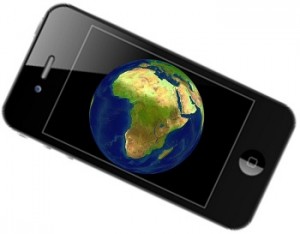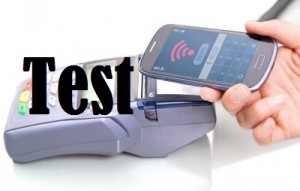The latest tech is becoming increasingly promising throughout the continent as other infrastructures lag.
The majority of Africa is faced with considerable struggles in terms of its internet coverage, electricity, governance, and even poverty, but when it comes to mobile technology, most of the continent is experiencing massive growth.
The latest types of mobile tech have proven to be extremely promising for the current African environment.
The whole region is proving to be a location that is offering a tremendous amount of opportunity for mobile technology innovation. This is particularly true when it comes to categories such as m-commerce and mobile payments. Entrepreneurs, particularly those in younger age brackets – are discovering new ways to be able to benefit from this type of tech, as they help others and make a profit at the same time.
The lives of millions of people in Africa are being changed in a meaningful way due to mobile technology.
 In the category of mobile payments and banking, the number of players in the market is starting to grow, as companies start to recognize that there is a massive population that has previously be unbanked and that can be effectively served through their mobile phones.
In the category of mobile payments and banking, the number of players in the market is starting to grow, as companies start to recognize that there is a massive population that has previously be unbanked and that can be effectively served through their mobile phones.
Some of the largest success stories in the mobile sector in Africa include payment systems organizations such as Cellulant, as well as others like M-Pesa. These have made it possible for Africans to skip over the traditional shortfalls of their internet and electricity infrastructure in order to dive right into accounts that are based on the devices that the majority of them already have – cell phones.
The impact has been a large and measurable one. The economies of many countries – such as Kenya, for example – have continued to be mainly cash focused, but now include a sizeable participation in mobile payments, as well. Previously, credit and debit cards had been used by only the smallest sliver of people, leaving only cash. Now, cash is losing ground to mobile technology at an ever increasing rate. This has been helpful not only to consumers, but also to businesses, education systems, and other organizations of virtually every size.

 NFC technology is one of the staples of mobile payments, but relatively few retailers have yet to embrace the technology. There are few NFC-enabled point-of-sale systems, which has limited the growth of mobile payments in physical stores. This is why Samsung Pay’s magnetic secure transmission may be a boon, as it will allow the platform to work with conventional point-of-sale systems in order to make mobile payments possible.
NFC technology is one of the staples of mobile payments, but relatively few retailers have yet to embrace the technology. There are few NFC-enabled point-of-sale systems, which has limited the growth of mobile payments in physical stores. This is why Samsung Pay’s magnetic secure transmission may be a boon, as it will allow the platform to work with conventional point-of-sale systems in order to make mobile payments possible.